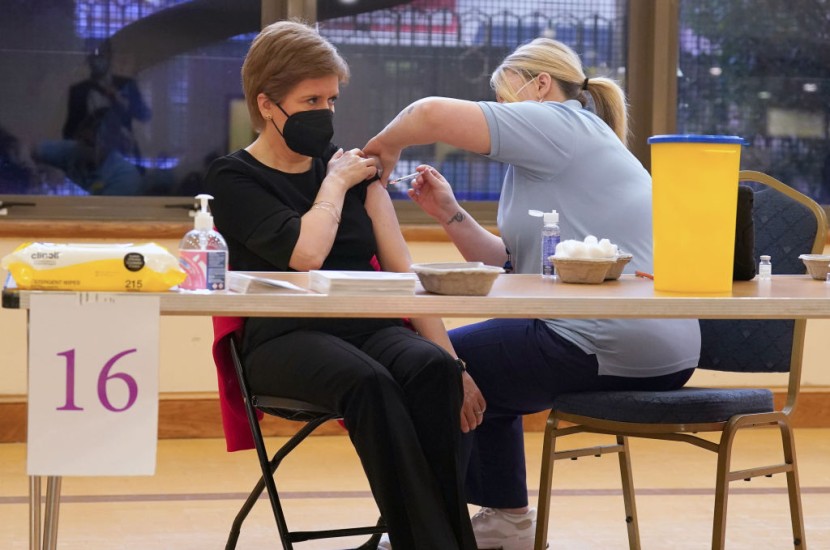The National Institute of Allergy and Infectious Diseases Vaccine Research Center has initiated a clinical trial of a novel universal influenza vaccine. Duke University in Durham, North Carolina, is recruiting volunteers for this study.
The first stage of testing for a new vaccine called 1ssF-3928 mRNA-LNP will assess how well it works and how the immune system responds to it. The trial will enlist 50 healthy people between the ages of 18 and 49, who will be divided into three groups of ten. Each participant will be given a different amount of the vaccine to see how it affects them (10, 25, or 50 micrograms).
The groups will help researchers figure out the most effective amount of medicine. After they find the right amount, ten more people will receive the vaccine.
In this trial, every participant will be assessed to ensure the vaccine's safety and immune response. The participants must attend follow-up appointments after a year to evaluate the vaccine's safety in the short term and long term.
Read also: FDA Simplifies COVID-19 Vaccine Schedule With Bivalent Doses for All Ages
The Need for a Universal Vaccine
The development of a universal vaccine is crucial because it could protect people from multiple strains of a virus.
For example, the flu vaccine must be updated every year to include protection against the most prevalent strains of the virus. A universal vaccine could eliminate the need for annual updates and provide long-lasting protection against multiple strains.

The 1ssF-3928 mRNA-LNP vaccine aims to be a universal vaccine for influenza. It targets a conserved region of the virus that remains stable across different strains, potentially providing broader protection against the flu.
If successful, this vaccine could have a significant impact on public health by reducing the spread of the flu and its associated complications. It could also potentially pave the way for the development of universal vaccines for other viruses.
In addition to the potential benefits mentioned above, a universal vaccine could also simplify the vaccination process.
Currently, different flu vaccines are developed and distributed based on geographic location and virus prevalence. This can lead to confusion for healthcare providers and patients alike.
A universal vaccine would eliminate this complexity by providing consistent protection against multiple strains of viruses worldwide. It would also potentially reduce costs associated with developing new vaccines each year.
Furthermore, a universal vaccine could help prevent future pandemics caused by emerging infectious diseases such as COVID-19 or SARS-CoV-2. These types of viruses mutate rapidly, making it difficult to develop effective vaccines quickly enough during an outbreak.
By targeting conserved regions across viral strains that remain stable over time, a universal vaccine has great potential to prevent widespread outbreaks before they become global health emergencies.
Overall, there is significant interest among researchers and public health officials in developing more broadly protective vaccines like 1ssF-3928 mRNA-LNP for influenza as well as other viruses, including HIV/AIDS or hepatitis C which currently have no cure nor universally-effective treatment available today.
The hope is that these efforts will ultimately lead us closer to achieving better long-term immunity from various infections without requiring frequent updates or boosters while keeping people healthy around the world, irrespective of their demographics or geographical locations.
Related article: South Korea Officials Assure Flu Vaccine Trial Is Not Connected To Recent Deaths
© 2026 HNGN, All rights reserved. Do not reproduce without permission.








